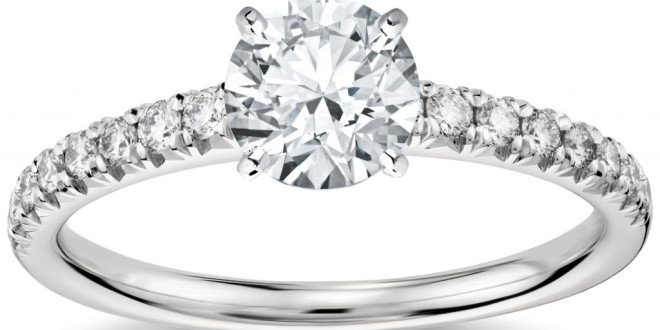[ad_1]
1. Professional music source – your wedding DJ should not be getting all their music from iTunes or Amazon and definitely not from YouTube. There are professional disc jockey music subscriptions – they provide radio edited music licensed for use.
2. When performing – your wedding DJ should have redundant music sources (2 laptops, CD player, etc) so that if something goes wrong with the first music source, there is not dead air. That means that they should have both sources setup and running at all times – not in their car or laptop bag. I watch a DJ once leave a couple in the center of the dance floor for nearly 3 minutes while he tried to get their first dance to start.
3. When interviewing your potential wedding disc jockey – they should have audio or video clips of their MC work – you should be able to hear them do an introduction or announcements so you can get a feel for their style and whether they will embarrass you or your guests over the microphone on your wedding day.
4. Yes, there are many levels of DJ gear from entry to high end. Obviously the higher end gear will sound better, but there are some basics that your wedding DJ should have – the right sized sound system for your venue and guest count. If you only have 40 guests in the back room of a restaurant or you have invited 500 guests in the largest of banquet halls – these do not require the same size sound system. Too much or too little can be an issue. Make sure their sound system is scalable to your needs. As a rule of thumb – under 100 guests / 2 speakers, 100-200 / 3 or 4 speakers, over 200 guests / much larger sound system needed to properly fill the room.
5. Can you believe it, but in this day and age – there are still DJs out there that do not have a wireless microphone. For weddings – it is imperative to have one for toasts. Ask how they will handle toasts and where the Best Man needs to stand for their speech.
6. Having a separate area for your social hour or are there many rooms being used in your banquet facility? You might need a wireless sound system (wireless speakers) from your wedding to properly cover the needed areas.
7. Is your ceremony on-site? If your wedding DJ is providing music and microphone for your ceremony – you should ensure they have a SEPARATE SYSTEM for your ceremony. You do not want them breaking down gear and dragging through guests at the end of the ceremony and rushing to setup for cocktail hour. Do not forget your wireless microphone needs – typically you want to hear your officiant, your exchange of vows and maybe you are having a singer or reader? That typically means three separate microphones – NOT ONE. Is there electrical power available at the ceremony site? You might need your DJ to be able to run their system off of battery.
8. We all know that things do not go as planned. Does your DJ have back up plans? Do they have a reliable and similarly skilled DJ available to fill in due to illness or emergency? What happens if they experience gear failure? Do they have complete backup gear on-site (does no good for your wedding if it's back at the office)
9. Cover you're a ** – if your wedding DJ runs their business in an ethical and professional way – they will be able to provide proof of LIABILITY INSURANCE. Many wedding venues require it before a DJ can even step foot inside to setup. Ask for proof of insurance.
10. Ask for social proof of their ability – on-line reviews should be posted on sites like http://www.theknot.com or http://www.weddingwire.com or Google, Facebook. No thank you notes or letters of recommendation and you might just want to look elsewhere for a wedding DJ.
[ad_2]
Source by Rob Alberti

